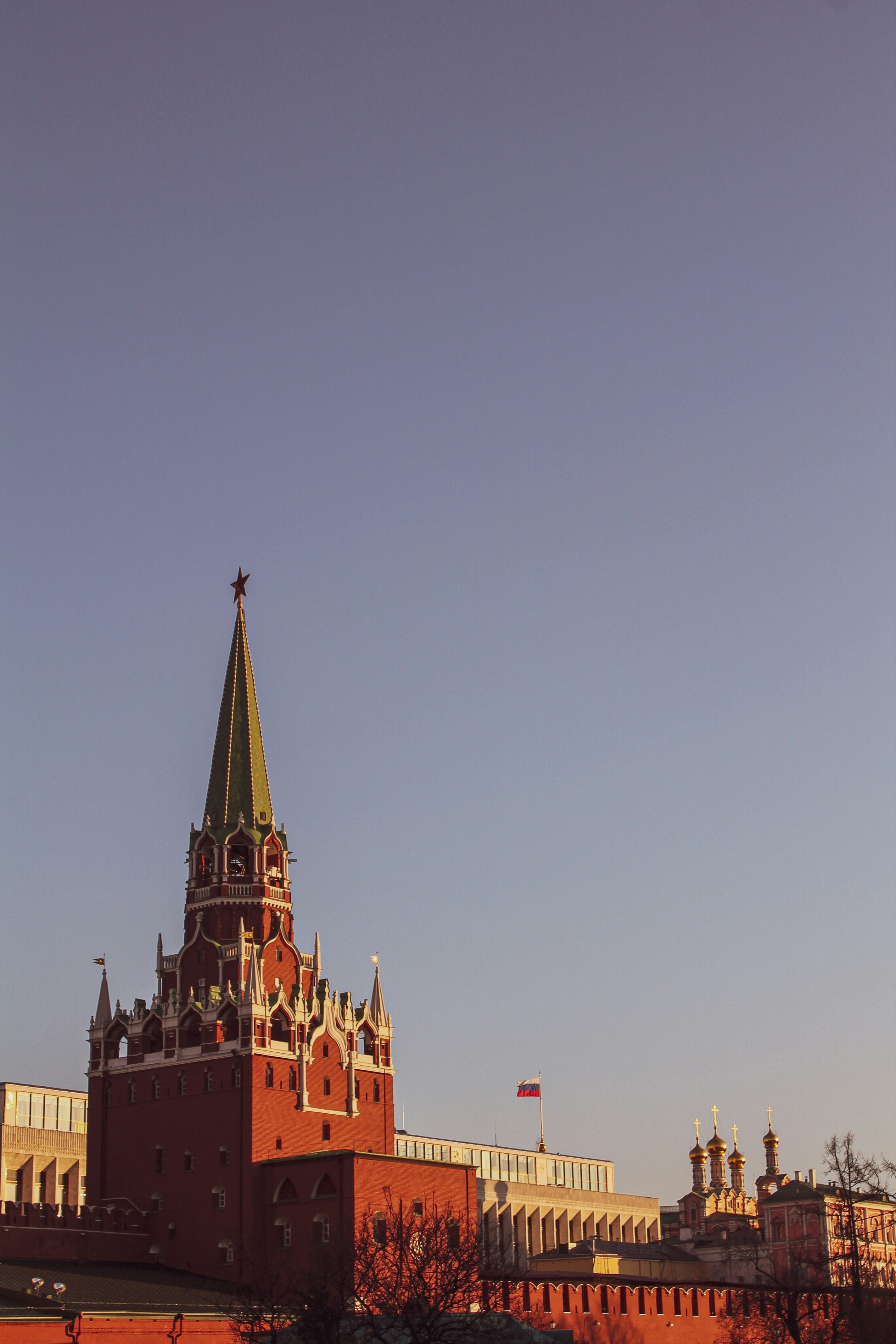Kremlin Reacts To ATACMS Deployment: U.S. Blames Russia For Escalation

The war in Ukraine has reached another critical juncture following President Joe Biden’s decision to allow Ukraine to deploy American-supplied ATACMS missiles. The policy reversal, intended to bolster Ukraine's military capabilities, has drawn sharp criticism from Moscow, which warns of a "whole new spiral of tension." The move further escalates an already complex conflict, now involving North Korean troops fighting alongside Russian forces. Meanwhile, Germany has reiterated its refusal to lift a similar ban, underscoring divisions among NATO allies.
Background on ATACMS Missiles
The Army Tactical Missile System (ATACMS) is a long-range precision strike weapon capable of hitting targets up to 300 kilometers away. Its deployment offers Ukraine the ability to target Russian logistics hubs, command centers, and critical infrastructure deep within enemy territory. Previously, U.S. policy restricted Ukraine from using these weapons to avoid escalating the conflict beyond Ukrainian borders. The Biden administration's decision marks a significant shift, signaling heightened U.S. support for Kyiv as the war drags on.
Russia’s Reaction
The Kremlin has condemned the U.S. decision, accusing Washington of intentionally exacerbating the conflict. Russian officials describe the move as "provocative" and claim it undermines efforts for any potential peace negotiations. The deployment of ATACMS, they argue, represents an escalation that could destabilize not just the region but also the broader global order. Moscow’s warning of a "new spiral of tension" reflects its fears of increased Ukrainian counteroffensives against its entrenched positions.
U.S. Defense of the Decision
In response to Russian criticisms, the U.S. State Department has firmly defended the policy change, emphasizing that Russia bears primary responsibility for the ongoing conflict. A State Department spokesperson stated, “Time and time again, it is Russia’s actions that escalate this war, not Ukraine’s defensive measures.” The U.S. argues that the use of ATACMS is essential for Ukraine to reclaim its territory and protect its sovereignty. Washington’s stance reflects a broader strategy of increasing pressure on Russia while bolstering Ukraine’s military readiness.
The Role of North Korea
Adding another layer of complexity to the conflict is the confirmed deployment of North Korean troops to fight alongside Russian forces. While details about their numbers and operational roles remain scarce, their involvement marks a significant step in the internationalization of the war. Analysts suggest that North Korea’s participation has influenced the Biden administration’s decision to escalate military aid to Ukraine. The move also signals growing cooperation between Moscow and Pyongyang, further straining global diplomatic efforts to contain the conflict.
Germany’s Divergent Position
Germany’s Chancellor Olaf Scholz has reiterated that his country will not follow the U.S. in lifting restrictions on missile use. Scholz’s cautious approach reflects concerns over potential retaliation from Moscow and fears of further destabilizing Europe. Germany has been a key provider of military aid to Ukraine but remains hesitant to take steps it perceives as overtly escalatory. This divergence between American and German policies highlights cracks within the NATO alliance regarding how to best support Ukraine without triggering broader consequences.
Geopolitical and Strategic Implications
The deployment of ATACMS in Ukraine marks a turning point in the war, with potentially far-reaching implications. Ukrainian forces could leverage these missiles to disrupt Russian supply lines and command structures, potentially altering the balance of power on the battlefield. However, this increased capability comes with the risk of further escalation, as Russia may retaliate with heightened military aggression. The involvement of North Korean troops and diverging Western approaches add further complexity, increasing the likelihood of a protracted and more dangerous conflict.
Conclusion
President Biden’s decision to lift restrictions on ATACMS deployment underscores the intensifying nature of the Ukraine conflict. While the U.S. defends the move as a necessary response to Russian aggression, Moscow’s warnings of escalation and Germany’s hesitance reflect the high stakes of this decision. As the war becomes increasingly internationalized, the risk of a broader confrontation grows. Diplomatic solutions remain elusive, but they are more critical than ever to prevent the conflict from spiraling further out of control.
Author: Ricardo Goulart
The Self-Destructive Nature Of Anti-Tourism Protests: Balancing Resident Concerns With Tourism Benefits
In recent years, anti-tourism protests have become increasingly common across popular tourist destinations. From the Bal... Read more
Military And Strategic Implications Of The Ukrainian Drone Attack In Kursk
On a recent morning, the Kursk region in south-western Russia witnessed an unexpected and significant event: a Ukrainian... Read more
Chinese Tech Stocks Gain Ground Despite Wall Street Technology Sell-Off
Chinese tech shares in Hong Kong gained on Friday, defying a technology stock sell-off on Wall Street, driven by strong ... Read more
Defense Pact Between Britain And Germany: A Focus On Cybersecurity And Joint Operations
In a move set to redefine European defense collaboration, Britain and Germany have signed a comprehensive defense pact a... Read more
US Secret Service Director Steps Down After Trump Assassination Attempt
Security lapses admitted by Kimberly Cheatle prompt resignation.Kimberly Cheatle, the head of the US Secret Service, has... Read more
Kamala Harris Promises A Brighter Future In Official Campaign Launch
In a vibrant and impassioned campaign launch, Vice President Kamala Harris vowed to lead America toward a "brighter futu... Read more

